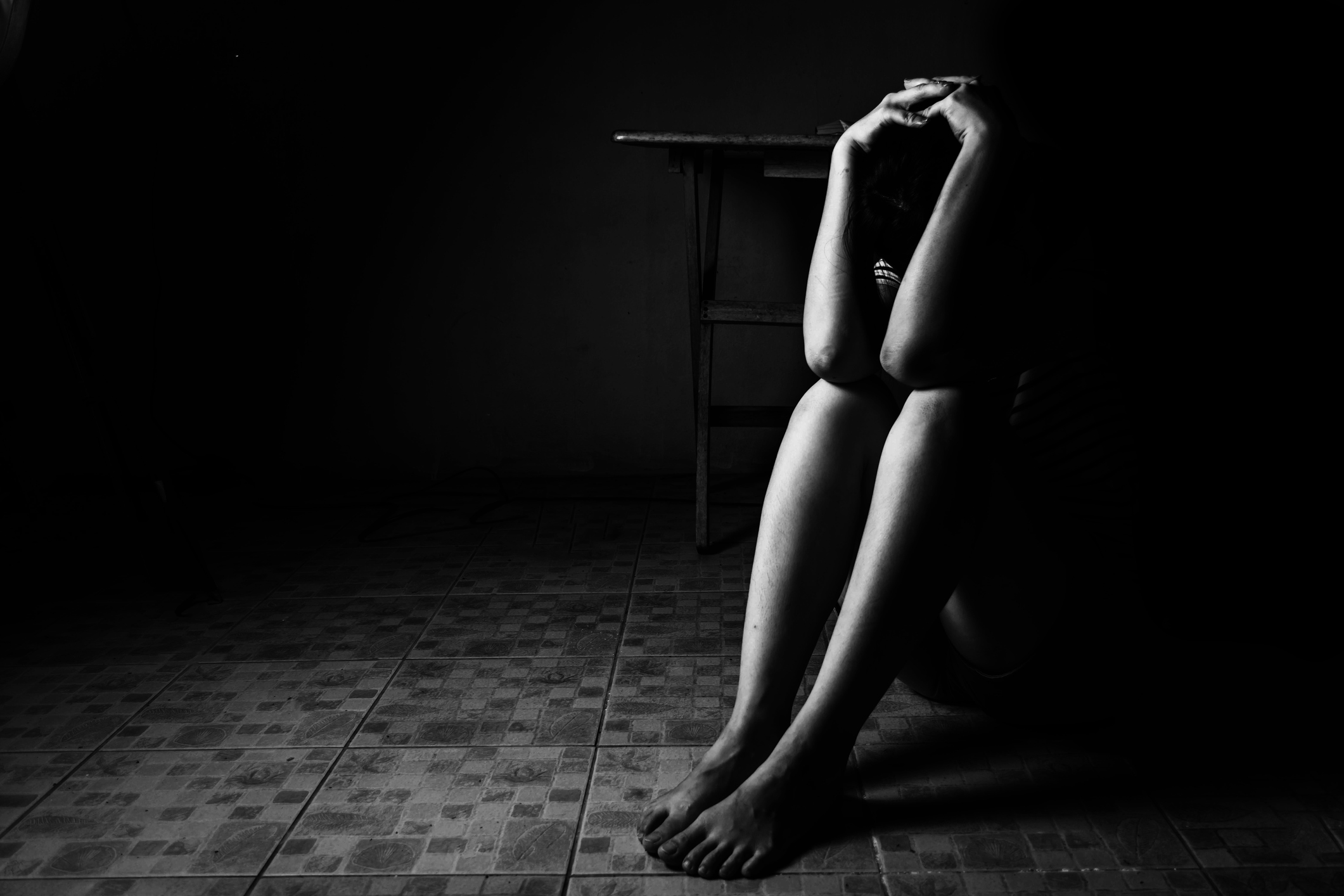Why Women Stay: Understanding Battered Woman Syndrome

The term “battered woman syndrome” applies to any woman who has lived through at least two cycles of abuse from a partner.
Often, people are left wondering: why did they stay? However, the reasons are complex and vary from woman to woman.
Women in abusive relationships often stay because they are afraid to leave. In an unfortunate tale, these women struggle to seek solace away from their relationships. Sometimes a relationship with drugs and alcohol develops instead. These women need help to leave these types of harmful relationships.
There are a number of reasons a woman stays in an abusive relationship.
Some of these reasons include:
- Children: she worries about being able to support children if she leaves the relationship.
- Low Self-Esteem: she believes she is getting what she deserves and that the abuse is warranted.
- Fear: she worries that if she leaves the relationship, it will only heighten the abuse.
- Background of Abuse: she may come from a background of abuse, and is conditioned to look for the good in partners like she had to see the good in her mother or father.
- Confused Beliefs: she may sincerely feel like her partners want to help her in what is known as “rescue syndrome.”
Getting Out of the Abuse Cycle
The term “battered woman syndrome” originated decades ago by Lenore Walker, EdD, founder of the Domestic Violence Institute.
She described the cycle abuse in three phases:
- First Phase: Tension builds up between the abuser and the woman. This foreshadows abuse that is soon to come.
- Second Phase: An explosion or encounter when the woman is the victim of battering and could be seriously injured.
- Third Phase: The abuser appears calm and loving, pleads for forgiveness and makes a promise to seek help. This is referred to the “honeymoon phase.”
This cycle can repeat and repeat for years.
Some experts comprehend the battering cycle as a circle. “I draw it as a graph because it repeats itself and keeps getting worse and worse,” Walker says.
Walker believes battered woman syndrome is a subcategory of PTSD. The battered women are traumatized by the past abuse in the relationship. They often feel in danger even when they are safe.
In Walker’s book, The Battered Woman Syndrome, Walker explains the majority of women who are in abusive relationships exhibit four characteristics:
- They believe the violence is their fault
- Can’t place the blame for the violence on anyone else
- They fear for their lives and their children’s lives
- They believe their abuser is everywhere and sees everything they do.
The National Domestic Violence Hotline says whether a woman is living in an abusive relationship or planning to leave one, they should have a plan. Most women can sense when their partner is likely to hurt them again. It is recommended to come up with a safety plan prior to the abuse occurring again.
The Dangerous Role of Substance Abuse
Not surprisingly, substance abuse plays a role in these types of abusive relationship. Interestingly, substance abuse can be both a consequence of battering as well as a behavior that leads to it. Furthermore, substance abuse alters judgment and fosters low self-esteem and dependency, all which make battering more likely.
Women who have struggled with battered woman syndrome often have negative coping mechanisms. PTSD from traumatic experiences leads to substance abuse and addictive behaviors. This cycle can continue for years without intervention.
Overall, the good news is there are a variety of resources out there to help women in these types of abusive relationships. Abusing substances is not the answer, and no one should have to stay in these types of relationships forever.
If you are struggling in an abusive relationship like this, please know you are not alone. There is help out there. Do not give up. If you or someone you love is struggling with substance abuse or mental illness, please call now 1-800-777-9588.
Author: Shernide Delva
